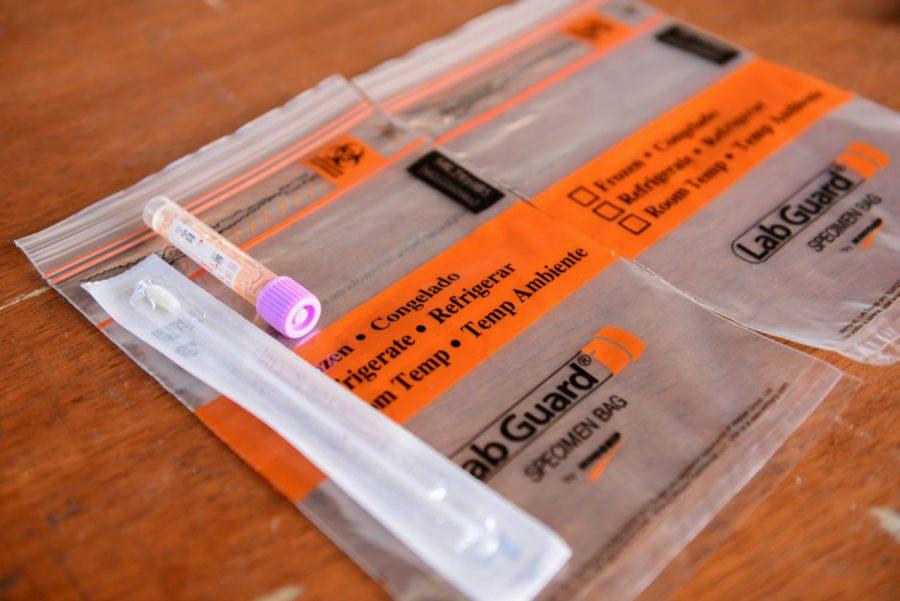Pitt adds 11 new COVID-19 cases since Thursday
February 2, 2021
Pitt added 11 new COVID-19 cases, composed of seven students and four employees, between last Friday and Monday, with 15 students currently in isolation. The University’s previous case report, covering last Tuesday and Thursday, included 15 cases.
This is the spring semester’s fifth case report and arrives after the Allegheny County Health Department and state health officials have continued to report high case numbers. According to hospital data compiled by The New York Times, about 82% of ICU beds in the Pittsburgh area are currently occupied, compared with 80% statewide and 78% nationally. UPMC Shadyside is at 84% capacity and has 32 ICU beds remaining.
Students living on campus began to move into dorms last week, with the last two move-in days currently scheduled for Wednesday and Friday of this week. The COVID-19 Medical Response Office also released shelter-in-place guidance and testing requirements for students.
The CMRO said Quest received 9,483 self-swab kit requests, of which 6,143 have been processed. Out of the processed kits, there have been 80 positive cases — a 1.3% prevalence rate. According to the results, most of these have been asymptomatic infections.
The CMRO also said the University is working on a vaccine distribution plan and will provide updates as they become available. Pitt community members received a survey last week about their vaccination needs. The results will help the CMRO operate more efficiently once vaccines have arrived and can be administered. The CMRO also encourages those who are offered a COVID-19 vaccine to take it and not to wait until Pitt has its own supply of vaccines.
The University has had 921 students and 175 employees test positive since June 26, with 906 students and 163 employees recovered thus far.
There are 15 students currently isolated at home or in Pitt’s isolation housing, which is reserved for those who have either a confirmed or suspected COVID-19 infection. Pitt has a total of about 300 isolation beds.
Pitt has implemented a systematic, random testing strategy, which involves testing several hundred students each week on Mondays and Wednesdays. Out of 336 students without COVID-19 symptoms randomly tested on Wednesday and Saturday, one was positive, decreasing Pitt’s prevalence rate from 0.47% to 0.39%.
The University implemented a variety of new policies due to the pandemic during the spring semester, though some community members questioned whether the safeguards are sufficient. Students need to have a negative COVID-19 test before moving back to campus and are encouraged to shelter in place at least seven days before moving in. Once on campus, students are required to shelter in place again for at least 10 days or until the CMRO announces that it’s safe to move about campus. Students may attend classes during this time. Pitt has also planned testing of students to monitor the virus’s spread, required students, faculty and staff to complete COVID-19 training and imposed strict penalties for violations of health guidelines.
Kenyon Bonner, the vice provost and dean of students, said student organizations who host a party or event can face suspension, and students hosting large parties can be suspended.
Students living on campus who attend large parties can have their housing suspended for the semester, and students living off campus can be switched to persona non grata status, preventing them from entering University buildings or property.



